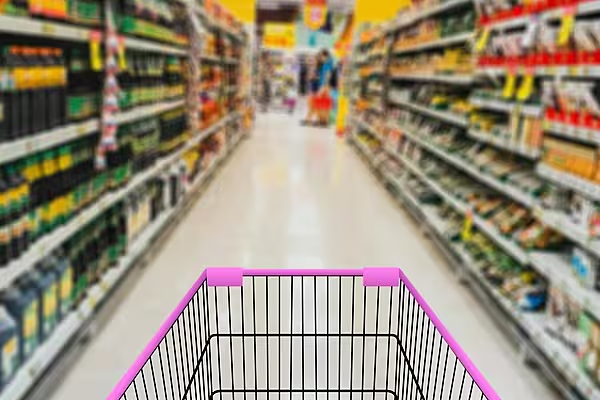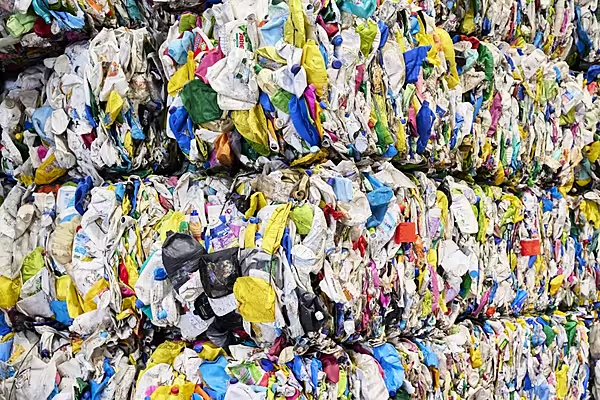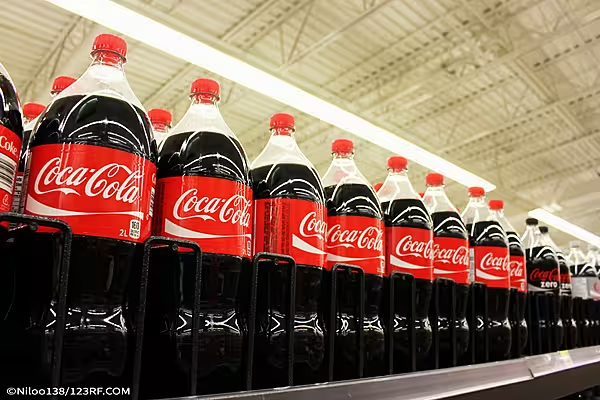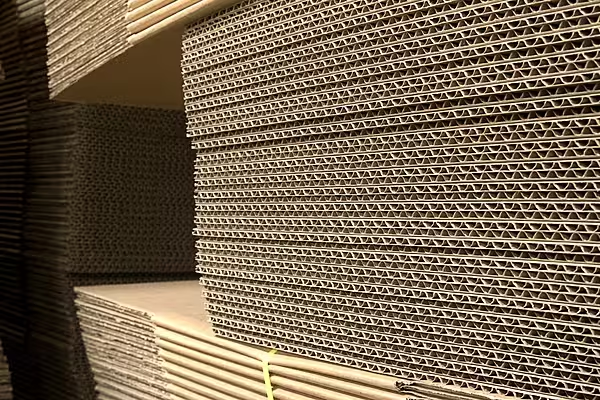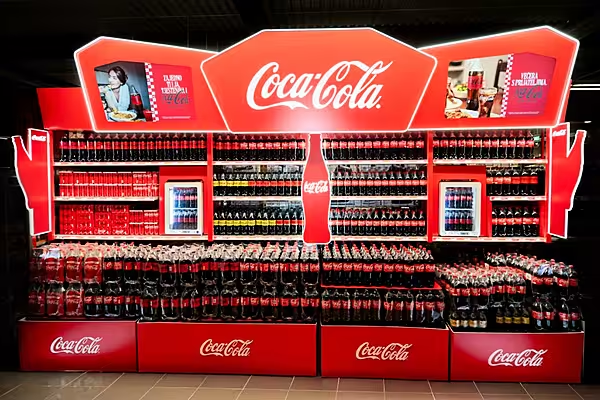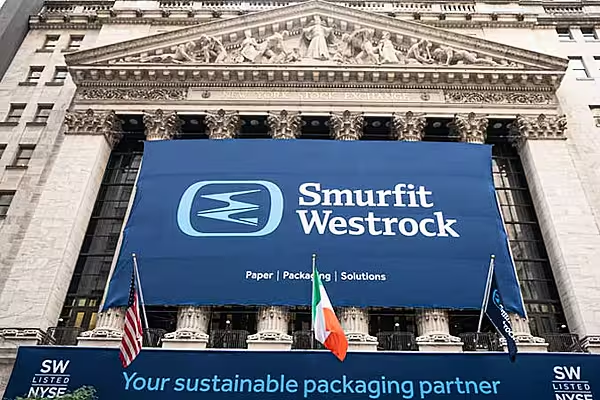Progress is being made in terms of addressing plastic waste, but the business sector still has a long way to go. ESM spoke to Sander Defruyt, lead of the New Plastics Economy initiative at the Ellen MacArthur Foundation. This article first appeared in ESM September/October 2022.
In March of this year, United Nations members agreed on the adoption of a mandate to develop a legally binding UN treaty on plastic pollution. An international negotiating committee is set to commence work on this treaty during the second half of 2022, with the aim of completing it by the close of 2024.
The ‘historic resolution’, which was signed in Nairobi, Kenya, paves the way for a treaty that will address the full life cycle of plastic, including its production, design and disposal.
“Plastic pollution has grown into an epidemic,” Espen Barth Eide, president of the UN’s Environment Assembly and Norway’s minister for climate and the environment, commented earlier this year. “With today’s resolution, we are officially on track for a cure.” The full text of the adopted resolution can be found here.
For the Ellen MacArthur Foundation, which has worked to accelerate the transition to a circular economy since its formation in 2010, the resolution may indeed be historic, but it is just the beginning. The organisation argues that there are a number of key priorities that need to be addressed in the negotiation process – setting legally binding elements, the development of harmonised standards, and measures to address the full life cycle of plastics – in order for the treaty to have a ‘real and ambitious’ impact.
At the recent Consumer Goods Forum Global Summit in Dublin, ESM caught up with Sander Defruyt, who heads up the foundation’s New Plastics Economy initiative. Under its global commitment, it has united more than 500 organisations under a common vision of developing a circular economy for plastics.
ESM: The last couple of years were shaped by the pandemic, and with consumers working from home, many became much more aware of the plastic waste that they generated. From your perspective, did the pandemic help to raise awareness?
Sander Defruyt: Yes, I think so. Even with the situation we’re seeing now, like the inflation crisis, the agenda of tackling plastic waste and pollution has not lost momentum. Actually, it has continued to grow.
Also, on the business side of things, the level of commitment from companies didn’t change. On the political side, there was an agreement to start negotiating a global treaty, and momentum on this has only been building, which is very good to see.
On the planned UN treaty, obviously – with any global agreement – there are lots of checks and balances, which can take years. Are you confident that it is going to come into force quite quickly?
What we’ve seen is that this plastics agenda has been able to move businesses and governments at record speed, in many different ways. The Consumer Goods Forum have told us that their working group on plastic is the most active, fast-moving working group they’ve ever had.
Now, with this new treaty, governments around the world have said they want to end the negotiation process at the end of 2024. So, they’re giving it two and a half years, which – again, for a global treaty – would be a record speed. Will it happen? I don’t have a crystal ball, unfortunately.
Some of the biggest companies in the world have signed up to the foundation’s global commitment, but, at the same time, some of these pledges have been rolled back because the infrastructure isn’t there. Is that a stumbling block?
That’s definitely one of the key challenges. We need to start upstream and encourage them to think about redesigning their products – designing them to make them recyclable in the first place.
The recycling infrastructure certainly is another part of the solution where we have major gaps today. For me, the real root cause of this is the simple fact that [the] collecting, sorting and recycling of packaging costs more money than the value of the material, so the economics of the system don’t stack up.
There are two ways to make it work. Countries around Europe and the rest of the world have extended producer responsibility (EPR) schemes, where brands and retailers that put plastic into the market pay a fee to pay for the recycling system to deal with it. The only other potential ‘solution’ is in areas of poverty, where people are picking up rubbish to earn extra income – six- and seven-year-olds on rubbish dumps – and I think we can all agree that that’s not really a solution.
Staying with the global commitment, is there enough of a critical mass now to drive significant change?
If you look at all plastic packaging volumes, the major companies that are signed up to the global commitment account for about 20% of all the plastic in the world. There’s another 80% out there, from the little bakery on the corner to the small manufacturer. Everyone is using plastics, everywhere.
The cost to operate a global system for recycling and reusing plastics is about $30 billion a year, so while the 20% are seeking to address the issue, it will never have sufficient funding unless everyone pays their fair share. That 20% can’t cover the cost for the whole system.
With any CSR initiative, you are going to have companies seeking to reap the benefits solely from a PR perspective. Is there a need for more accountability?
Accountability is crucial, and that’s where our reporting process comes in. I think that the transparency that we’ve created with those reports is unprecedented. Most companies didn’t even know themselves how much they were putting on the market.
Over the first few years of reporting, some companies asked, ‘Can we get an exception from reporting this year?’ because, simply, the numbers were shocking.
As a result of this reporting, we now know how much packaging all these companies are putting on the market. We know how much is recyclable. We know how much is reusable. We know what their recycled content percentage is today and what they’re aiming for by 2025. That level of information didn’t exist before, so that creates transparency, and this transparency has created some level of accountability.
Also, companies are realising they can be part of the solution, highlighting where they are making progress and where progress is lacking, but we shouldn’t forget that there are other players that haven’t signed up at all, and aren’t reporting anywhere. That’s where policy comes into it – to encourage the other 80% of the industry to move.
© 2022 European Supermarket Magazine – your source for the latest Packaging and Design news. Article by Stephen Wynne-Jones. Click subscribe to sign up to ESM: European Supermarket Magazine.


